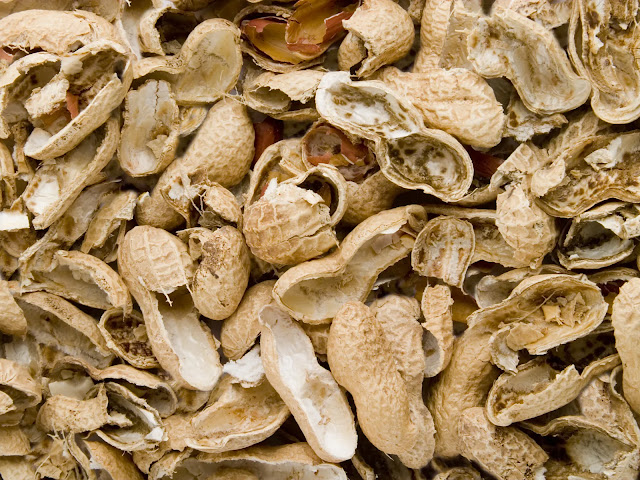Did you know that you can eat peanut shells? Better yet, were you aware that you can make planet-friendly meat from them?
That’s what scientists from the US are proposing, in a move they say can cut food waste, promote human health, boost food security and farm economies, reduce emissions, and thus meet several Sustainable Development Goals.In a review published in the Frontiers journal, researchers outline how about 22% of the 46 million tonnes of peanuts produced annually is waste from the shells, resulting in a loss of over 6.5 million tonnes of dietary fibre and 595,000 tonnes of plant protein.
While peanut shells are most commonly upcycled into animal feed, a dry complete material for packaging and industrial fillers, and potentially biofuel, the study suggests that this is a “missed opportunity” since these hulls are edible to humans. It proposes methods to recapture nutrients (like protein and fibre) and process these hulls into functional ingredients for a variety of foods, including plant-based and cultivated meats.
The scientists argue that the valorisation of peanut byproducts would significantly increase the amount of food available from current land, water and energy use, addressing hunger and benefitting farmers (who could sell the shells at a premium compared to low-cost animal feed).
Most of the greenhouse gas emissions from peanut production come from on-farm activities, and the hulls alone represent a quarter of the potential energy output. But overall, these groundnuts generate 97% fewer emissions per kg than beef, and use up 97% less land too – so using the shells to produce food for human consumption illustrates a highly sustainable way to increase food security. More of this article (green queen) - link - more like this (food) - link

No comments:
Post a Comment